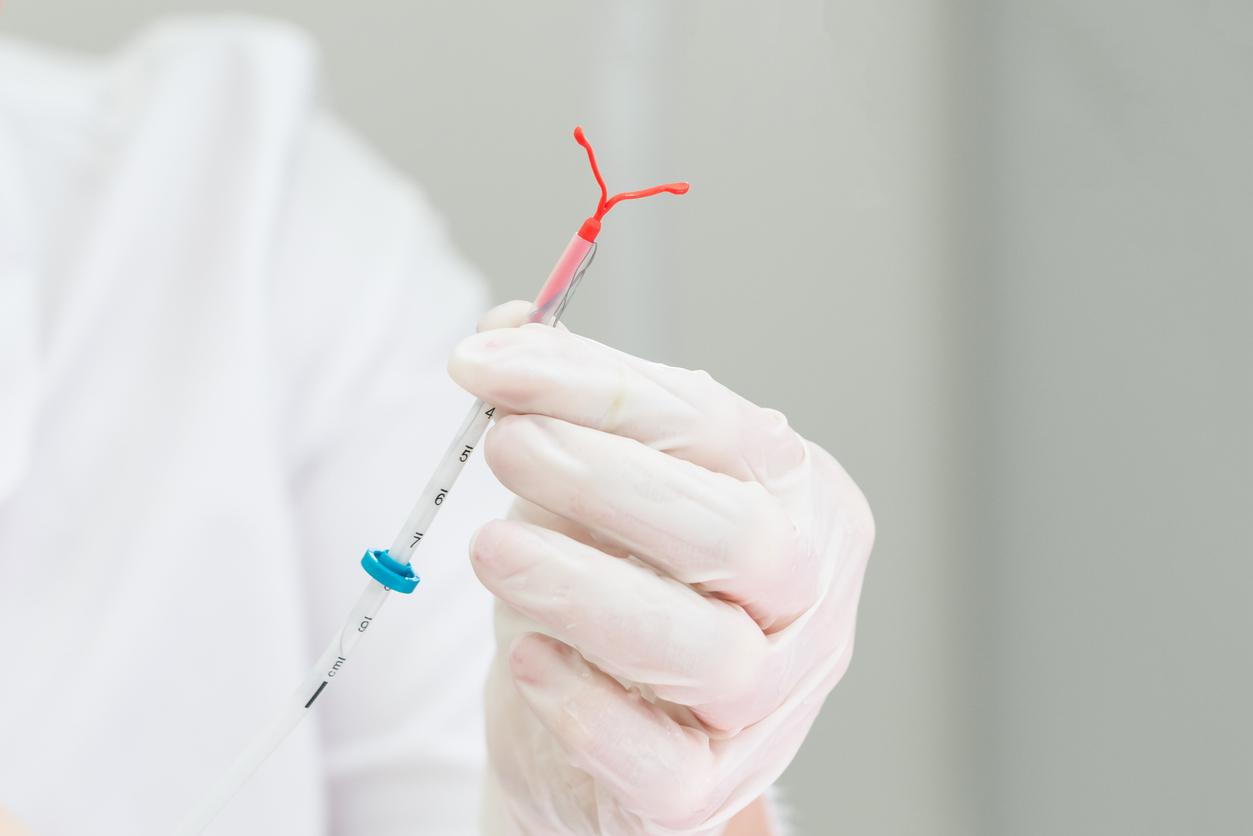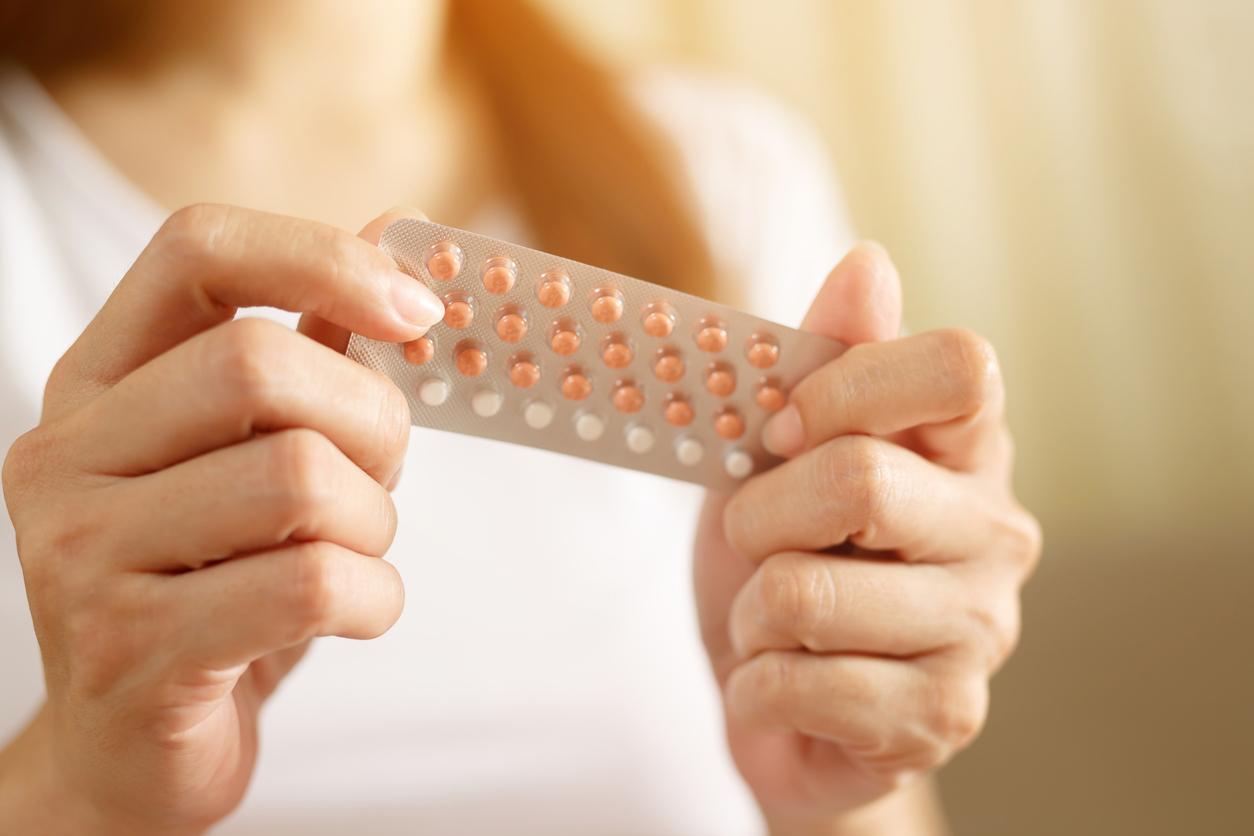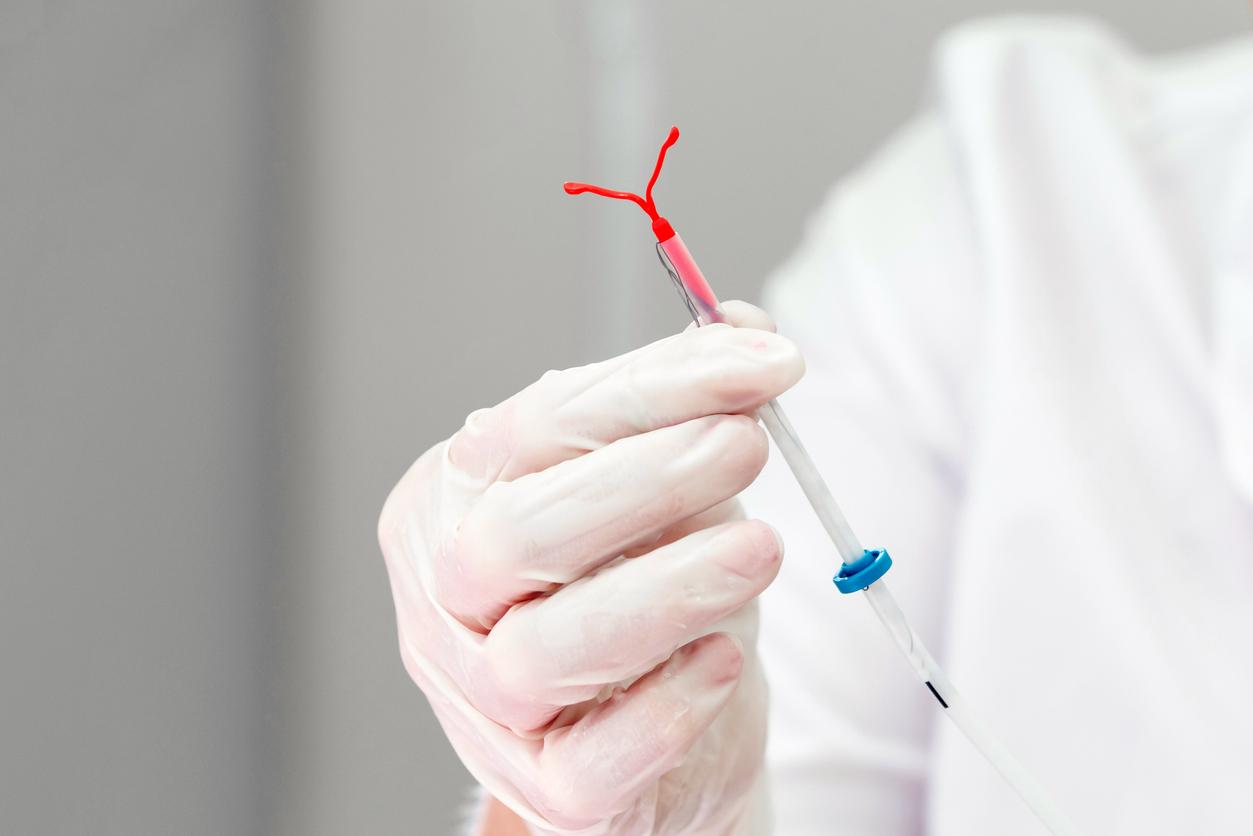A study of 7,000 women found that the IUD is the most effective method of emergency contraception. But gynecologists are reluctant to prescribe it in this type of situation.

Everyone knows the IUD as a classic contraceptive method. But it could also be used as an emergency contraceptive. American researchers have just reviewed some forty studies analyzing the data of more than 7,000 women carrying eight types of intrauterine device (IUD). Their conclusion is clear: having an IUD inserted after unprotected sex is the most effective way to avoid an unwanted pregnancy.
However, according to this work published in the journal Human Reproduction, 85% of American gynecologists do not use an IUD as an emergency contraceptive. A sad observation while a copper IUD prevents implantation, that is to say the attachment of the embryo in the uterine cavity. The failure rate is only 0.09% compared to 3-4% with the morning after pill and 1.5% with the day after pill.
If it is not for lack of efficiency, how can we explain that this method is so little practiced? First, this option is very little known to women and it requires obtaining, necessarily within five days of unprotected intercourse, two appointments with the gynecologist. A first for the prescription and a second for the insertion of the IUD itself. And even if we leave aside these agenda difficulties, on the side of health professionals, this method is not on the rise. In France, gynecologists are not inclined to insert IUDs urgently.
Dr Christian Jamin, gynecologist in Paris : “Gynecologists do not like to use IUDs urgently, especially because of the risk of infection. “
What the authors of this study regret is that women are usually not even aware of the existence of this method. According to them, they should at least be able to know the full range of options available to them in terms of emergency contraception.
On the other hand, specialists insist on one point: the effectiveness of the IUD used in these conditions has not been demonstrated with all types of intrauterine devices.
Dr Christian Jamin: “IUDs that deliver hormones should not be used as an emergency contraceptive. “
A major advantage of emergency contraception using a copper IUD, it also makes it possible to avoid the repetition of the risk. Once installed, the woman has reliable contraception for several years, and therefore avoids the occurrence of an unwanted pregnancy. With the morning after pill or the day after pill, the same contraceptive errors can happen several times, sometimes even in the next cycle. The IUD therefore offers the advantage of not being “only” an emergency contraceptive.
First published on May 14, 2012
.















